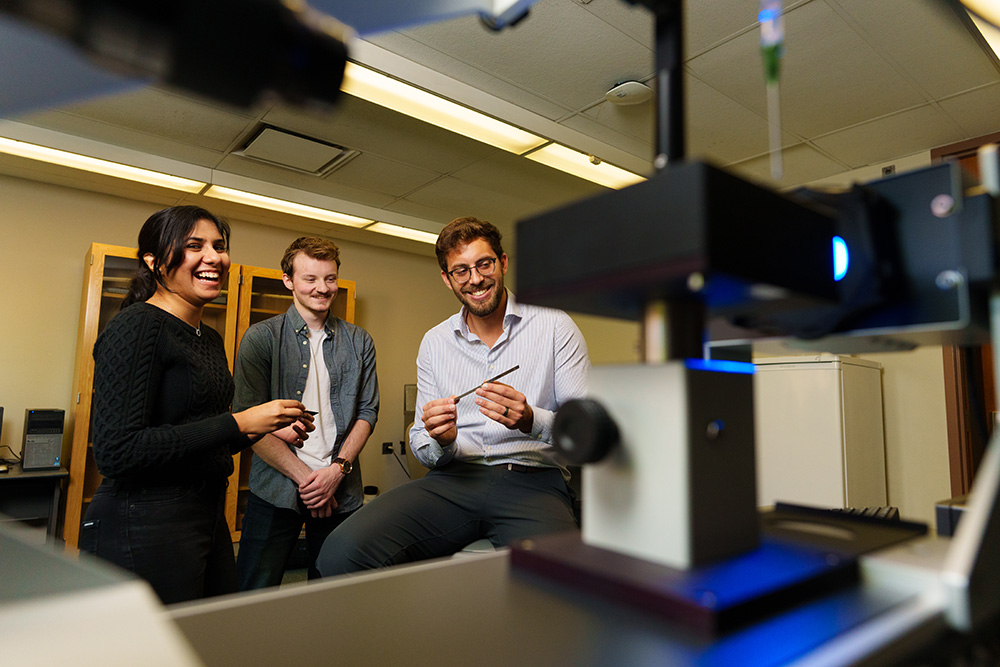
The mission of the Center for Composite and Hybrid Materials Interfacing (CHMI) is to leverage collaborations among industry, government, and academic stakeholders in materials and manufacturing industries to advance science and technology, and develop workforce in the field of interface engineering and joining/bonding of hybrid materials and structures. The three-university (Georgia Institute of Technology (GT), Oakland University (OU), and University of Tennessee/Knoxville (UTK) collaborative research team will work closely with the industry members to develop and disseminate basic and applied, pre-competitive research on methodologies, technologies, and tools that will facilitate rapid, reliable, and cost-effective composite and hybrid materials joining and interfacing. The mission scope includes aircraft, automobile/ground vehicles, wind turbine blades, and pressure vessels that are made of hybrid/multiple material systems including, but not limited to reinforced composite, metal, and other structural materials. The vision of the CHMI Center is to transform the current labor-intensive, experience-based joining and repair practice into fast, automated, and reliable processes enabled by advanced analytical, computational, experimental, and digital techniques and tools. The goal of the CHMI Center is to significantly reduce cost, cycle time, and variation (by at least 50%) of related operations within 10 years. Hosted by Georgia Tech Manufacturing Institute (GTMI), the CHMI Center will work closely with the Institute for Advanced Composites Manufacturing Innovation (IACMI) and OU’s Fastening and Joining Research Institute (FAJRI) and their industry networks for dissemination and technology transition of the enabling technologies for composite and hybrid materials joining and interfacing.
Design, Modeling and Analysis for CHMI
- ICME and design for CHMI
- Damage tolerance for CHMI
- Digital twin for CHMI applications
- Database, standards, and qualification
Testing and Non-Destructive Evaluation
- Advanced mtls testing/characterization
- NDI for weak/”kissing” bonds detection
- Advanced sensing and structural health monitoring
- Fast large-area structural inspection
Materials and Process Engineering for CHMI
- Advanced materials (e.g. HT mtls for hypersonics)
- Surface engineering for CHMI applications
- Hybrid material joining process engineering
- Robotics and automation for CHMI
Data Analytics and Secure Digital Technologies
- IoT and digital technologies (e.g., AR/VR)
- Diagnostics and prognostics
- Cybersecurity for CHMI applications
- AI/machine learning tools for CHMI operations